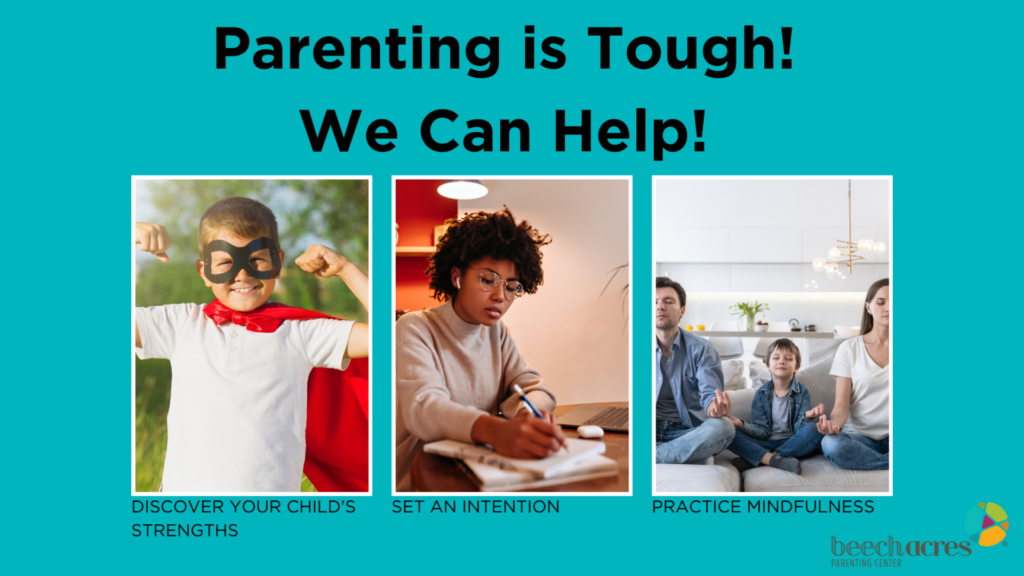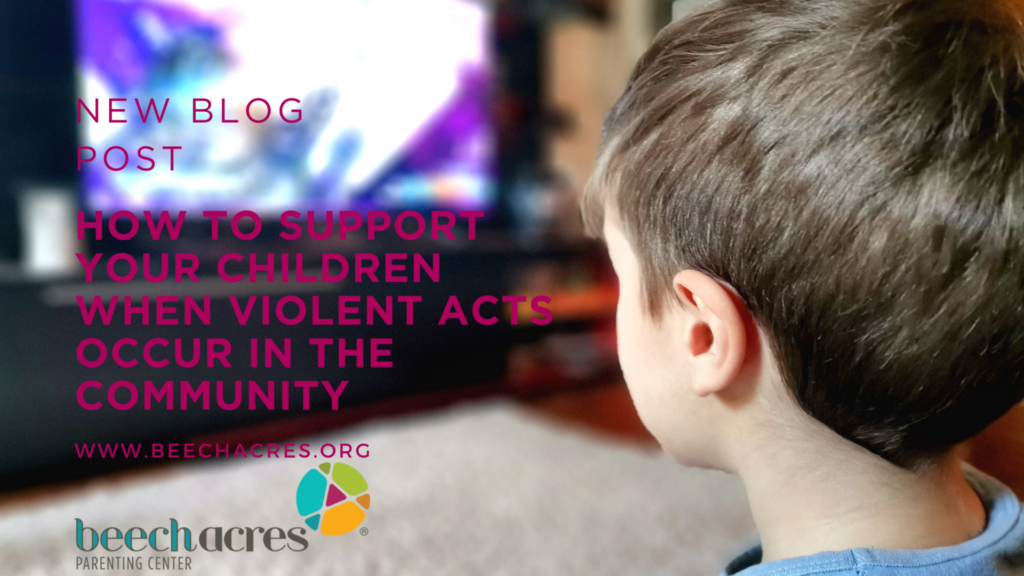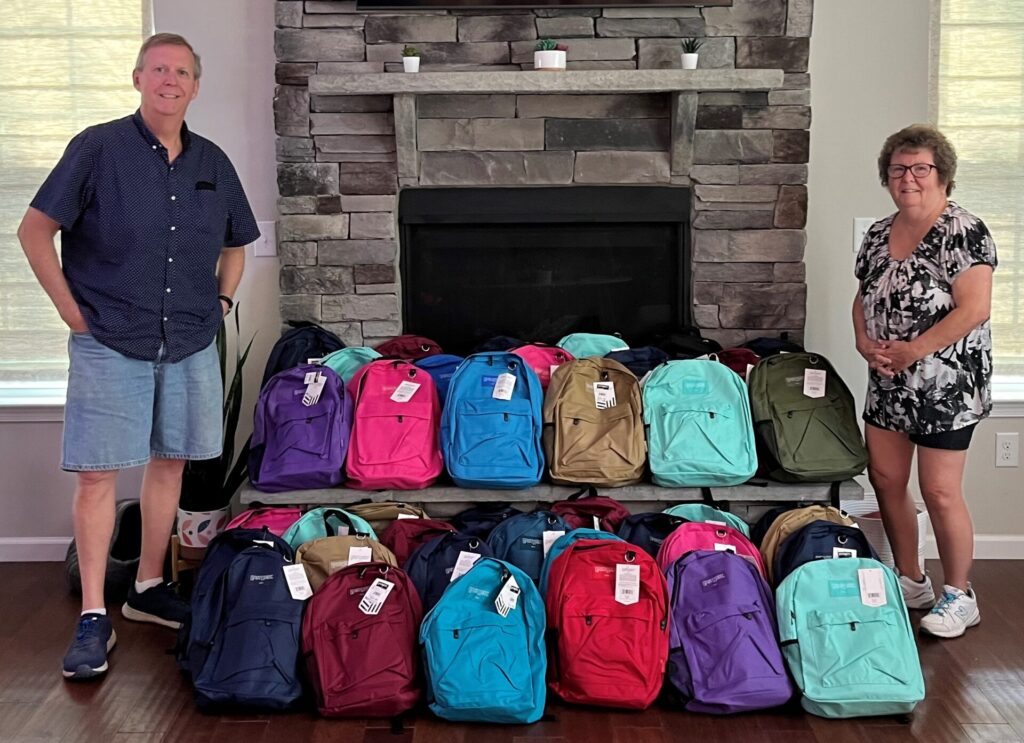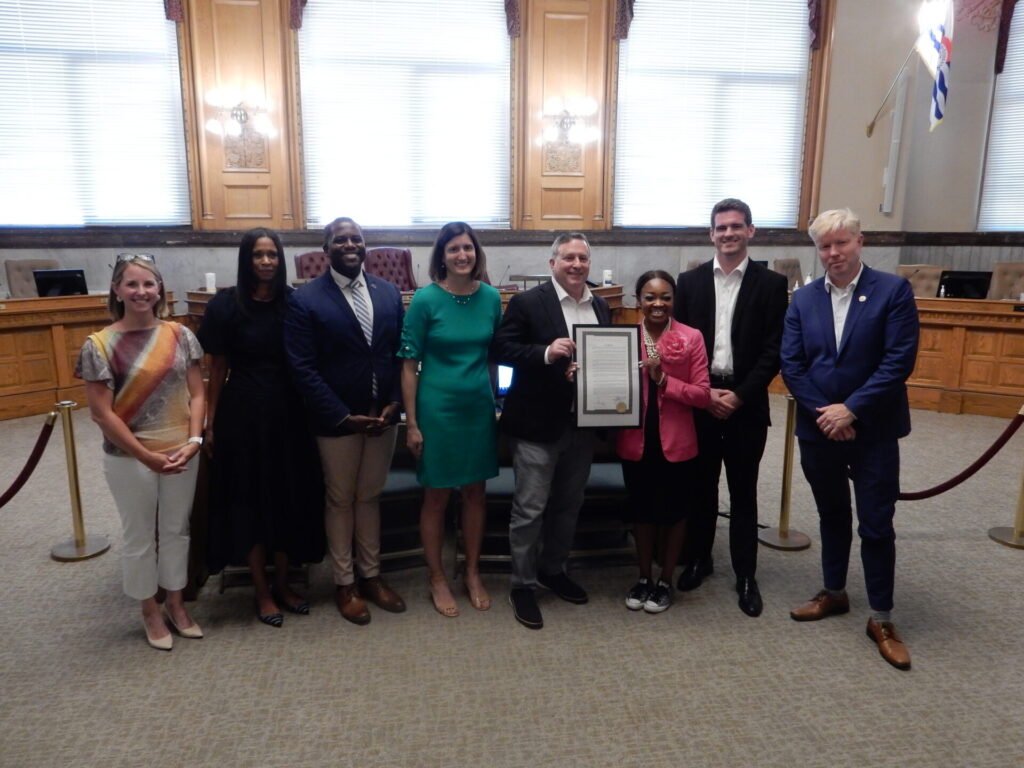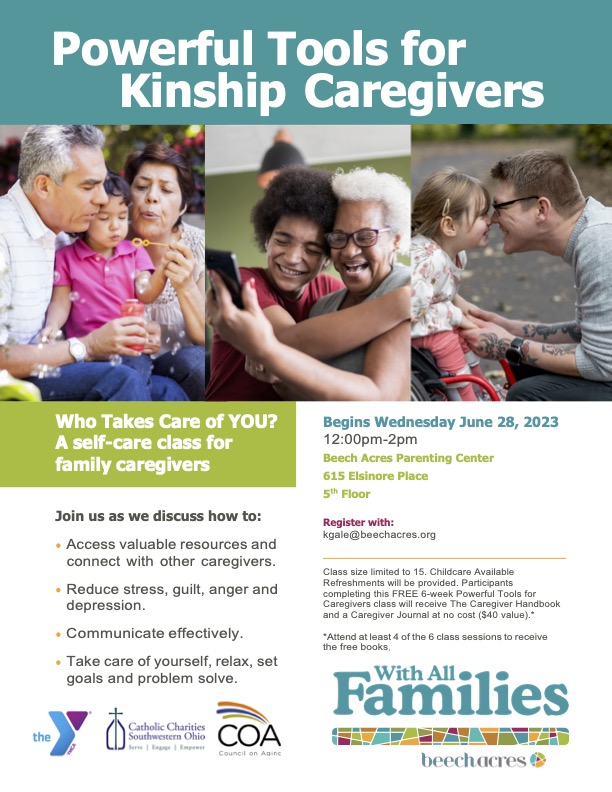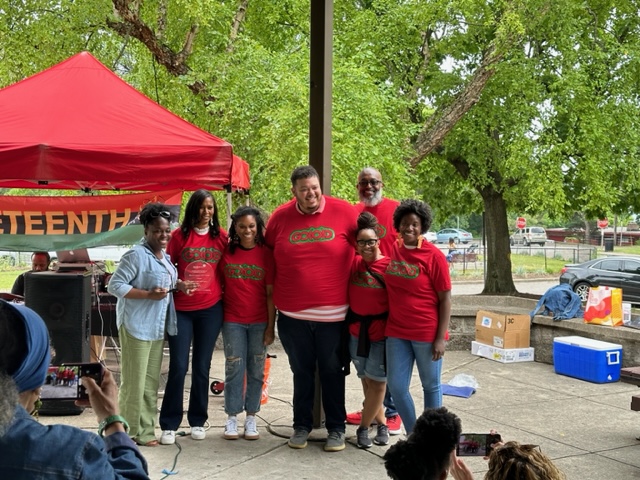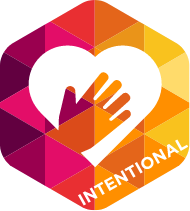Summer Slump? Now What?
Your child has been out of school for about a month, and you might feel the summer slump creeping in. You are exhausted by juggling work and your kids being home, which can create considerable family challenges. This month we’re exploring how to navigate this part of the summer while also working on caring for yourself and building essential skills for your child(ren). Do A Mid-Summer Family Check In Have a family meeting to discuss how things are going for you as parents and your child(ren)? Are your expectations in alignment? For example, you may want to see if you are being realistic about bedtimes or what you can accomplish. Recognize the challenges you’re facing while trying to juggle working (sometimes from home) and lack of childcare. It is ok to ask for help. Do a childcare swap with a neighbor or friend, or get a younger child to be a parent helper. Be open to hiring someone to do certain tasks, like cleaning. Remember that your time is valuable, so paying someone can free up time to spend with your family or care for yourself. Be open to different schedules, including sleep, work, playtime, etc. Look back at the summer bucket list you created at the beginning of the summer. What items can you check off? Do you see any ideas of things to do with the remainder of the summer? Learn Important Life Skills Summer can be a great time to learn life skills not taught in school, like cooking, cleaning, or laundry. Pick a skill you want your child to learn or improve upon. It is essential for children to learn responsibility and accountability. Laundry Toddlers can help sort socks, then learn to put away their clothes. Older children can help fold and put away clothes and even start learning how to wash the towels and sheets. Teenagers can then start learning how to do their own laundry. Shopping Include your toddler in making a shopping list and dinner menu. Let them be a part of the cooking process, like measuring and pouring in. Work up towards learning how to cook an entire meal by the time they are in middle school or high school. Chores Younger kids love being helpful, so start involving them in chores early. For older kids, try to avoid rescuing when they don’t do their assigned chores. For example, if they haven’t done the dishes yet, let them pile up, and now they have more dishes to do. This is a natural life consequence that is important to learn early. You can start giving an allowance around preschool; the recommendation is half their age per week.o If you have a 4-yo, they would get $2 a week. Start by teaching about different buckets based on your values. For example, you can have a spend jar, save jar, and share jar. When your child asks to buy something, you can help them assess if they have enough money to spend and if the item is important enough to move from saving to spending. Sharing money can be anything from buying gifts for others to donating to worthy causes your child is interested in. For example, if they love animals, take them shopping for animal supplies to donate to an animal shelter. Practice Self Care Remind yourself that Self-care is NOT Selfish. If you, as the parent, are not taking care of yourself, it is hard to take care of your child(ren). As they say on an airplane, put your oxygen mask on first. Have Fun! What do you remember the most about your own childhood summers? Probably something FUN? A trip to the beach or a favorite amusement park? Lazy days at the pool? Rainy days spend playing board games, listening to the radio, or watching MTV? Maybe you worked all summer and learned responsibility and resilience while making money and friends? Even if you’re busy working all summer, you can still find time to have fun with the kids. Plan a day at the park, choose a favorite ice cream shop or restaurant for a fun dinner or dessert. No budget? Dust off those old board games, records, or movies. Make a playlist of your favorite songs and listen to them together on a car ride or while making s’mores in the backyard. Remember those chores from above? Cook a fun summery meal together. Finally, your kids are going to get bored. And that’s ok. Boredom can help breed imagination and develop their strength of Creativity. If you hear the dreaded “but mom, I’m BORED!” it’s ok to set a boundary and let them work it out on their own. Maybe have a list of chores or activities ready to go to guide them, but boredom is something they are going to have to experience and learn from especially when mom and dad are tired. Summer can be an exciting and exhausting time for your entire family. Use these tips and you just may make it to the holidays! (Don’t worry, we can help there too.)


